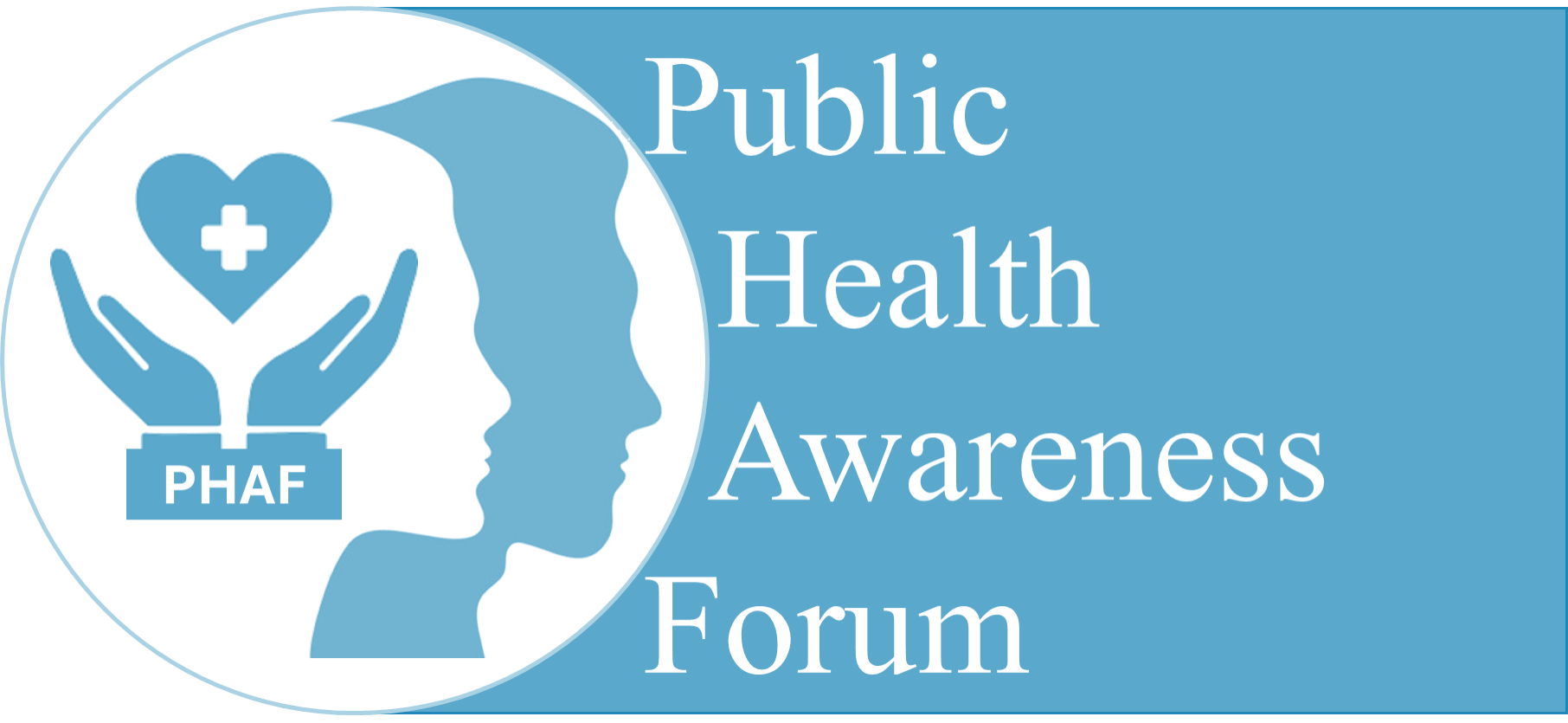Introduction
Prenatal care is a series of regular medical check-ups that ensure the health and safety of both the mother and the fetus throughout pregnancy. It includes various assessments, screenings, and guidance to manage pregnancy effectively. This comprehensive guide explores the essential aspects of prenatal care, its benefits, and best practices for expectant mothers.
The Role of Prenatal Care
Prenatal care aims to monitor the progress of the pregnancy, identify potential complications early, and provide education and support to the mother. Regular check-ups allow healthcare providers to track the development of the fetus, manage maternal health issues, and prepare for labor and delivery.
Early Detection of Complications
- Early detection of conditions such as gestational diabetes, preeclampsia, and fetal growth restrictions can prevent severe outcomes.
- Routine tests and screenings, such as blood tests and ultrasounds, help in identifying issues that may need intervention.
-Monitoring Fetal Development
- Ultrasound imaging provides insights into the fetus?s development, including the measurement of growth and assessment of organ development.
- Monitoring fetal heart rate and movement helps ensure that the baby is developing healthily.
-Managing Maternal Health
- Regular blood pressure checks and urine tests help in identifying signs of preeclampsia or urinary tract infections.
- Weight management and nutritional counseling are integral parts of prenatal care, ensuring that the mother maintains a healthy diet and appropriate weight gain.
Components of Prenatal Care
-Initial Prenatal Visit
- A thorough medical history review, physical examination, and initial laboratory tests.
- Assessment of pre-existing conditions, lifestyle factors, and risk factors specific to the individual.
-Routine Check-ups
- Scheduled visits every four weeks during the first 28 weeks, every two weeks from 28-36 weeks, and weekly from 36 weeks until delivery.
- Each visit typically includes measuring blood pressure, checking fetal heart rate, and assessing growth.
-Ultrasound and Imaging
- The 12-week scan for nuchal translucency, 20-week anatomy scan, and additional scans as needed for monitoring fetal growth and well-being.
- The use of Doppler ultrasound to monitor blood flow and fetal heart rate.
-Laboratory Tests
- Routine blood tests to check for anemia, blood type, and infections.
- Screening tests for gestational diabetes, genetic conditions, and other potential issues.
-Counseling and Education
- Nutritional advice to ensure adequate intake of essential nutrients.
- Guidance on managing common pregnancy symptoms, such as nausea and back pain.
- Preparation for labor, delivery, and postpartum care.
Benefits of Prenatal Care
-Improved Health Outcomes
- Consistent prenatal care is associated with lower rates of preterm birth and infant mortality.
- Early management of health issues can lead to healthier pregnancy outcomes and better overall well-being.
-Enhanced Maternal Knowledge
- Education provided during prenatal visits helps mothers understand what to expect and how to prepare for childbirth and parenting.
- Support and resources for mental health and emotional well-being are often part of prenatal care.
-Personalized Care
- Prenatal care is tailored to meet the specific needs of each woman, considering her health history and individual risk factors.
Challenges and Considerations
-Access to Care
- Geographic, financial, and insurance-related barriers can affect access to prenatal care. Addressing these barriers is crucial for ensuring equitable care.
-Healthcare Provider Communication
- Building a strong relationship with healthcare providers fosters trust and ensures that all concerns are addressed promptly.
-Self-Care and Lifestyle Choices
- Encouraging healthy lifestyle choices, such as quitting smoking and reducing alcohol consumption, is vital for optimal pregnancy outcomes.
Conclusion
Prenatal care is a critical aspect of a healthy pregnancy, offering continuous support and monitoring throughout the nine months. By attending regular check-ups and following medical advice, expectant mothers can enhance their health and improve the likelihood of a successful pregnancy and delivery.


